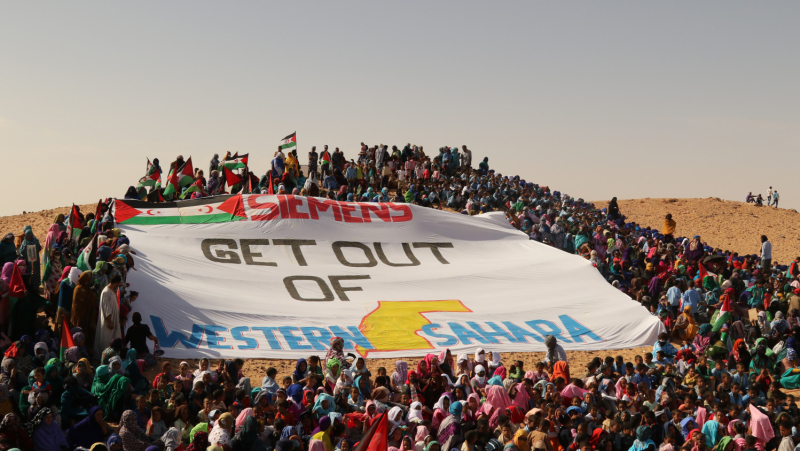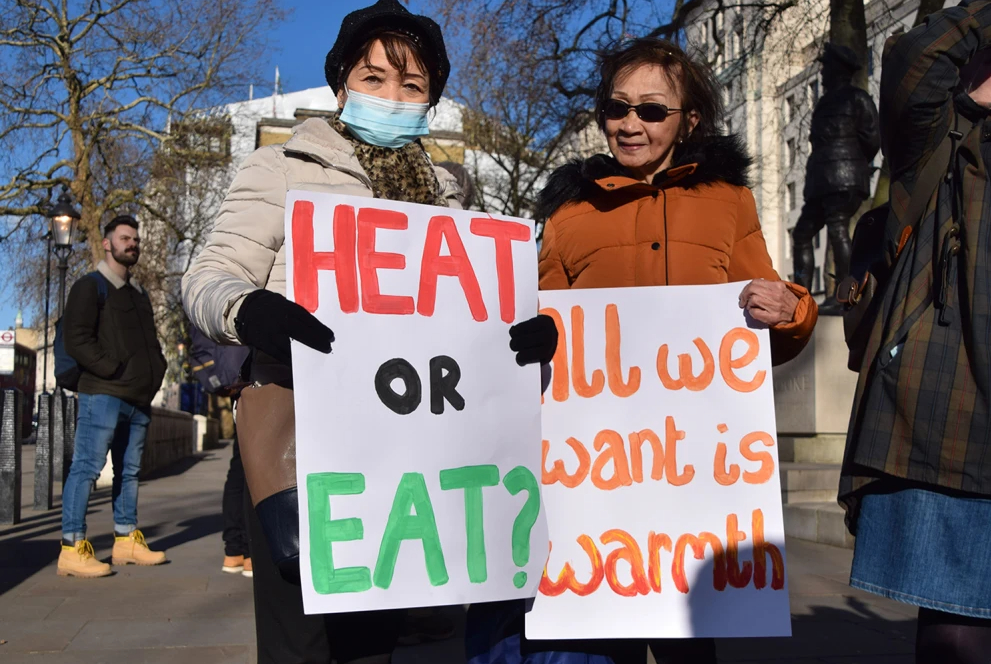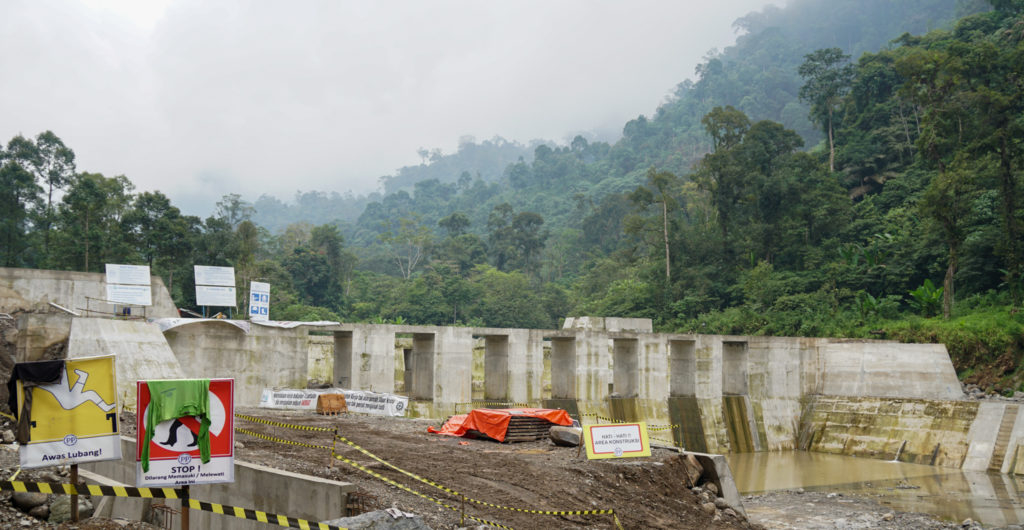Beyond Burning: finance, extractivism & a just transition

While oil & gas companies make record profits of billions of dollars, ordinary people across the world are having to choose between eating or heating. This stark contrast between those at the top, and the billions of people facing a cost of living crisis, underscores the need to move away from a reliance on fossil fuels. However, we must also ensure that a transition to renewables does not reproduce the global systems of inequality that led us into the climate crisis in the first place.

Poor communities in the Global South and Indigenous peoples have long borne the brunt of colonial processes of extraction that produce huge profits for corporations and financial institutions based in the Global North. A transition that continues and reinforces these exploitative structures is not just; it is green colonialism.
Narratives of “empty land”, used to justify the dispossession of colonised peoples since the early days of colonialism, allow the creation of “sacrifice zones” to fuel energy consumption. While this has long been at the heart of fossil fuel production, the idea of “empty land” is also used to displace Indigenous peoples in the pursuit of renewable energy.

In North Africa, a long history of exploitative natural resource extraction risks a transition where all that changes is the energy source, while the hegemonic extraction process remains unaltered. The descriptor of the Sahara as a “vast empty land” enables the production of renewable energy largely exported to Europe, and hides “green grabbing” practices of dispossession, sometimes used to reinforce occuption.
With finance for green energy in Africa also accused of following colonial roots, commercial banks must ensure that the renewables projects they finance do not dispossess or threaten the human rights of local communities. The transition away from fossil fuels is both vital and unavoidable, but it must not repeat the mistakes of the past. “Transition is inevitable, justice is not”.
Head to our Beyond Burning COP27 campaign.
